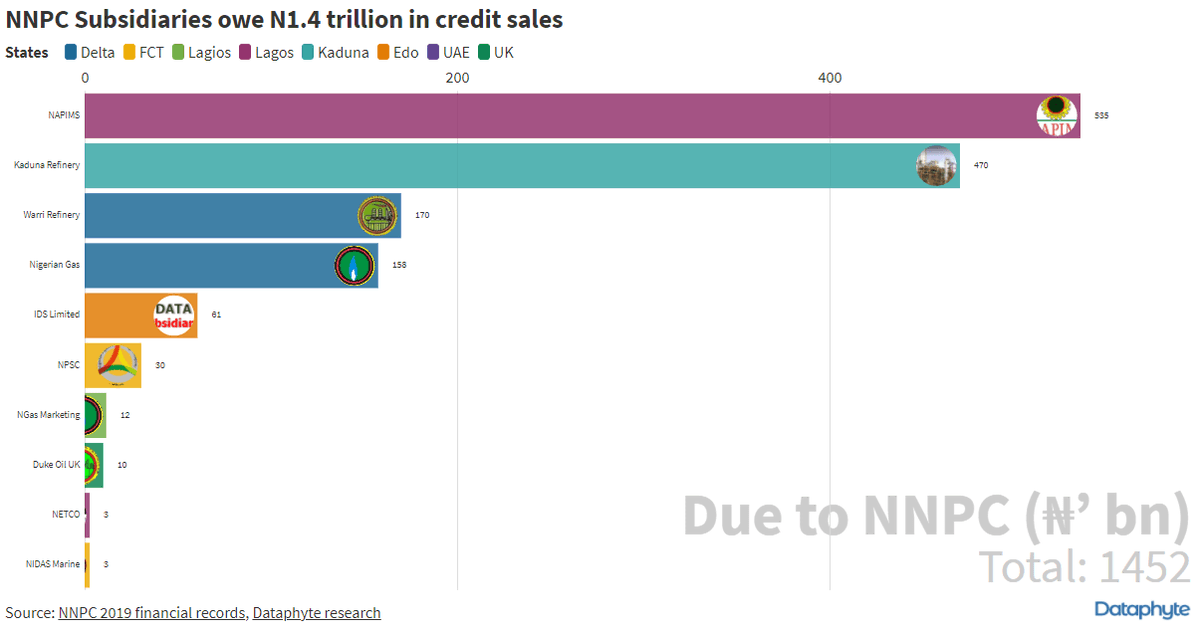
In Nigeria today, PMS pump price keeps defying the law of gravity as it continues to give credence to the saying "when prices go up in Nigeria, they never come down."
#DeregulateDownstream
#DeregulateDownstream
This is the fate of the Nigerian oil sector. Successive regimes, different strategies & the pump price trajectory is still an upward curve (perhaps even getting steeper). This begs the question.
#DeregulateDownstream
#DeregulateDownstream
Before any solution is recommended, we have to acknowledge the presence of a problem in the pricing mechanism for petroleum products in Nigeria.
#DeregulateDownstream
#DeregulateDownstream
The problem of the current oil market in Nigeria majorly caused by the monopoly of the wholesale market & this has caused a lopsided price mechanism resulting in the continued increase in PMS pump price
#DeregulateDownstream
#DeregulateDownstream
Where there is an inefficient supply system, the final customers suffer the brunt of it as they are the ones bearing the final cost. This is the case of Nigeria with forever increasing PMS pump price
#DeregulateDownstream
#DeregulateDownstream
The oil market system in the country is monopoly (albeit pseudo) whereby the FG is a player, coach & referee. The FG is an active participant in the oil industry, they also determine the players in the same industry while also being the regulators
#DeregulateDownstream
#DeregulateDownstream
The result of this type of system is a perpetual disequilibrium in a sector characterised by an inefficient market & an always increasing price of petroleum products
#DeregulateDownstream
#DeregulateDownstream
This will continue to be the case until the downstream oil & gas sector is fully deregulated & the prices are not reliant on the whims of institutions & stakeholders but rather on the basic economic principle of demand & supply
#DeregulateDownstream
#DeregulateDownstream
A fully deregulated downstream oil & gas sector will provide a level playing field for all industry players, with a strong regulator ensuring the rules are being abided by & not violated
#DeregulateDownstream
#DeregulateDownstream
The immediate result of this is the elimination of the monopoly (as earlier mentioned) in the wholesale market & the correction of the inefficiency in the supply chain.
#DeregulateDiwnstream
#DeregulateDiwnstream
Policy recommendations on how to fully deregulate the downstream oil & gas sector will be further discussed by me another day & with another thread
#DeregulateDownstream
#DeregulateDownstream
*What is wrong?
• • •
Missing some Tweet in this thread? You can try to
force a refresh





